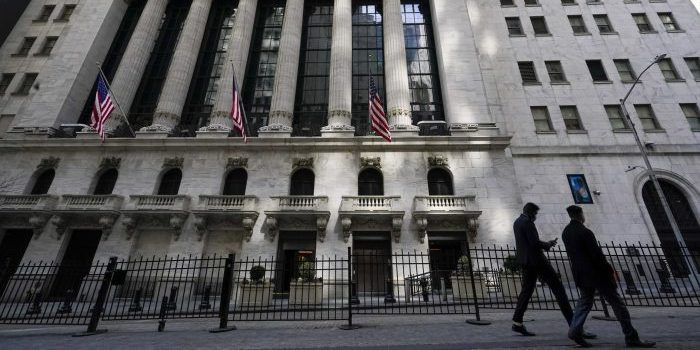
(Kenneth Schrupp, The Center Square) The United States triggered a highly accurate recession indicator as recession fears led to the largest stock selloff since December 2022. California, the nation’s largest economy, triggered the same indicator in late 2023.
On the morning of August 2, the United States published unemployment data for July showing a sharp increase from 4.1% in June to 4.3% as hiring cooled during the typically busy summer months.
With July’s data, the United States triggered the Sahmn Recession Indicator, which identifies the start of a recession when the “three-month moving average of the unemployment rate rises by 0.5 percentage points or more relative to its low during the previous 12 months.”
The indicator has had “no false positives” and accurately indicated the last six U.S. recessions.
California triggered the Sahm Recession Indicator in March 2023, pushing the state into fiscal emergency as private jobs declined and public sector and public-supported jobs grew.
With $46.8 billion cut, shifted, or delayed to balance the 2024-2025 budget, California has little fiscal leeway to increase spending to lessen the blow of a recession.
As of June 18, the Congressional Budget Office estimates the United States federal government will have a $1.9 trillion budget deficit for the 2024-2025 fiscal year, around which the federal debt will reach 100% of American gross domestic product. This estimate relies on 2% economic growth in 2024 and 2025 that eventually declines to 1.8% in 2026 and beyond. Should the economy grow more slowly or contract due to a recession, deficits would grow further in the absence of higher taxes and/or lower spending.
By fiscal year 2025-2026, the CBO projects interest on the national debt will exceed $1 trillion.

Leave a Comment